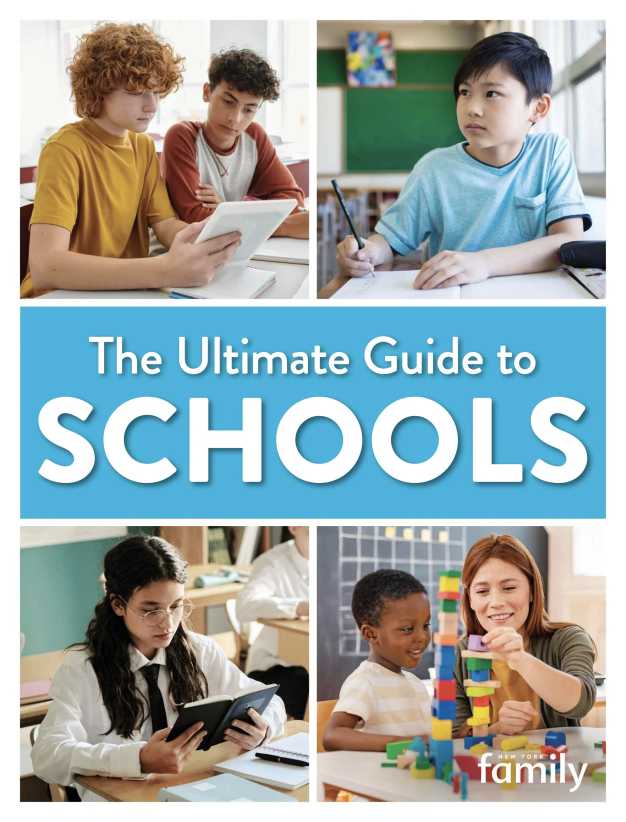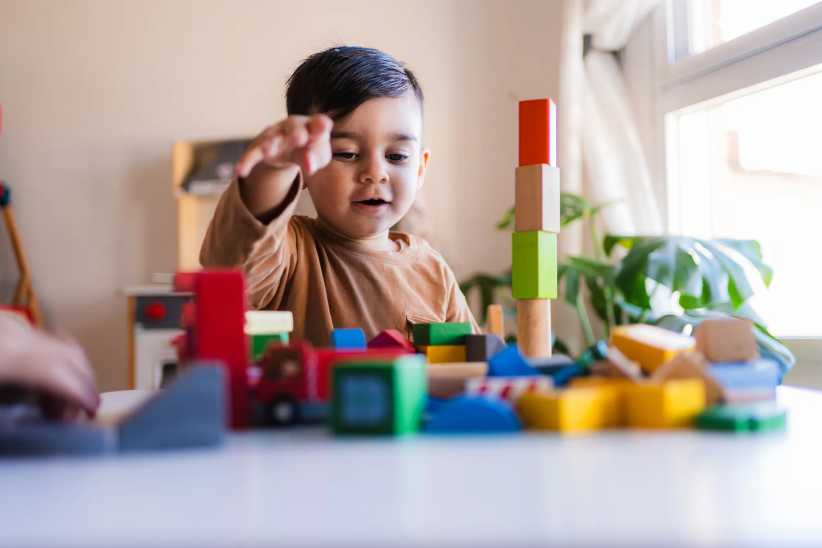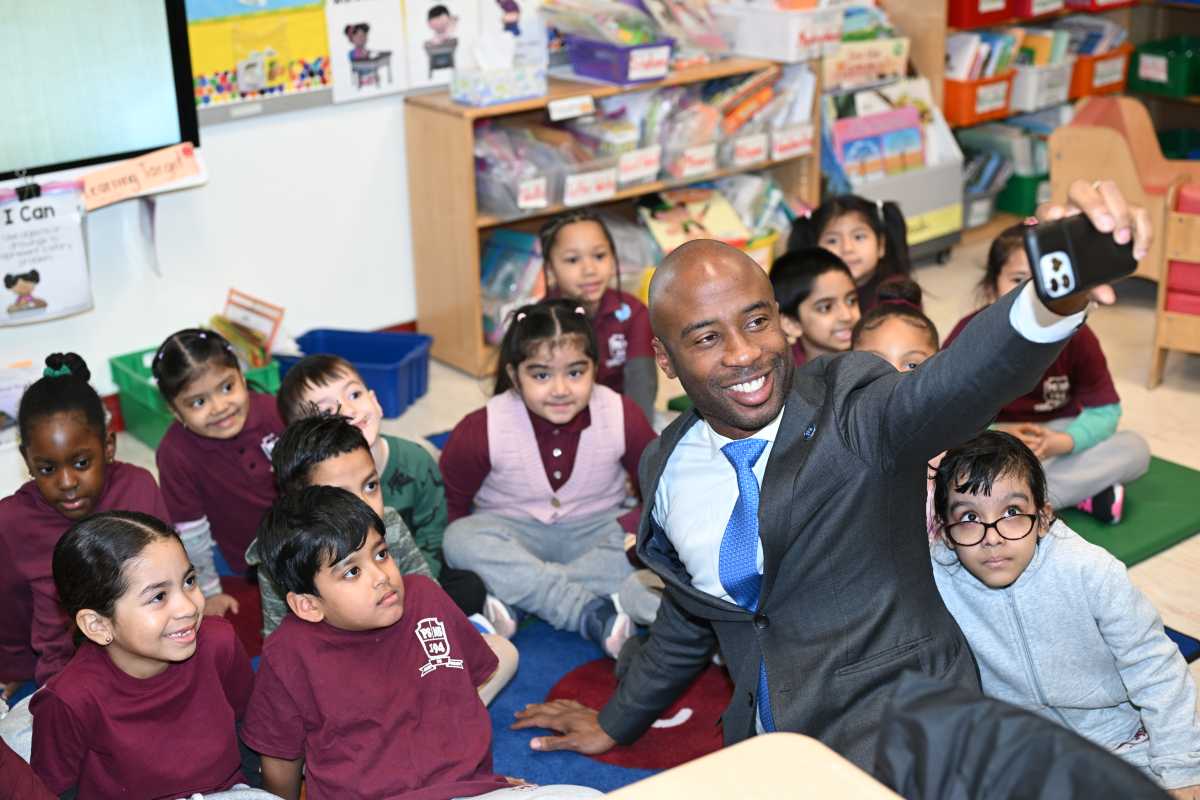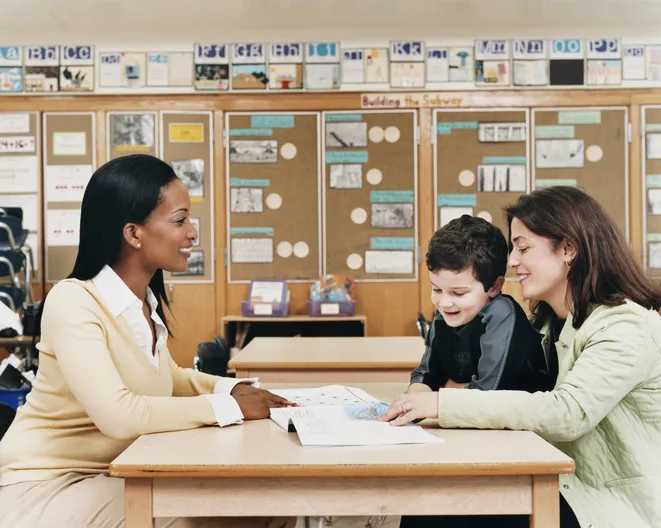
When it comes to your child’s educational journey, the where really matters. Choosing the right school for your family is one of the most important decisions you will make. Here in New York City, the options are seemingly endless. But we are here to help! Our Education Guide is specifically curated to help parents decide not only where to send their child to school, but how to make the most of their education along the way.
Inside the Ultimate Guide to Schools 2026, you will find tips for choosing the right school, information on charter schools, tips for talking to your child’s teacher, open house information and much more. There are also tons of helpful school listings in your area to help narrow down your school search. Basically, anything you need to find the perfect school for your family is right here in this guide!













